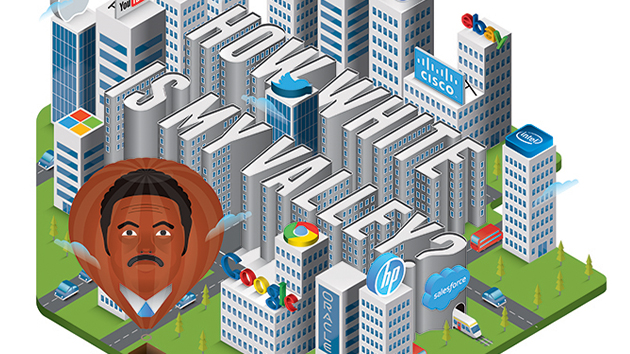
<a href="http://googlecommerce.blogspot.com/2014/05/google-shopping-express-expands-same.html">Google Commerce Blog</a>
Labor organizers with the Teamsters union announced Monday that they’re holding an election to unionize workers for Google Express, the shopping service that delivers everything from toothpaste to televisions purchased by online consumers. The union is seeking to represent about 140 Google Express warehouse workers employed by Adecco, a temp agency that provides much of the delivery service’s Bay Area staff.
“Workers are required to sign short-term employment agreements with Adecco that limit them to two years before the company lets them go,” the Teamsters Local Union 853 said in a press release announcing the vote. “Workers have also alleged subjection to constant harassment to work faster in poor conditions that include damaged equipment, cracked floors, and failing electrical systems that have resulted in fires.”
A Google spokesperson contacted by Mother Jones declined to comment.
Google Express currently operates in seven US cities, including San Francisco, San Jose, Los Angeles, and Manhattan. Google started the the service in 2013 to compete with Amazon Prime.
The Google vote is the latest in a string of high-profile efforts to unionize Silicon Valley’s low-wage service economy. In recent months, the Teamsters have begun representing shuttle bus drivers that transport workers for Apple, Facebook, and Yahoo. And the Service Employees International Union has convinced Google and Apple to hire their own security guards, rather than working with subcontractors that were criticized for union busting.
Labor organizers see Silicon Valley as perhaps the most glaring example of how the American economy increasingly benefits the wealthy. The success of the tech giants has created a whole new population of millionaires but has failed to create many middle class jobs. Google, with a market cap of $354 billion, has just 53,600 full-time employees. By comparison, General Motors, with a market cap of only $50 billion, has 216,000 full-time employees.
Such disparities are exacerbated by Silicon Valley’s reliance on contract labor. Google Express workers make $13 to $17 an hour with no benefits, which is far from a living wage in the Bay Area.
“As subcontractors, we are treated as second class citizens,” Gabriel Cardenas, a Google Express worker, said in a statement released by labor organizers. “We get a different type of badge and don’t receive some of the most basic types of compensation like benefits. The majority of us work two or three jobs just to make ends meet. I am standing with my co-workers and community because I believe change for this invisible workforce is possible.”
Correction: An earlier version of the story stated that the Teamsters are organizing Google Express drivers. The union vote only applies to warehouse workers.












